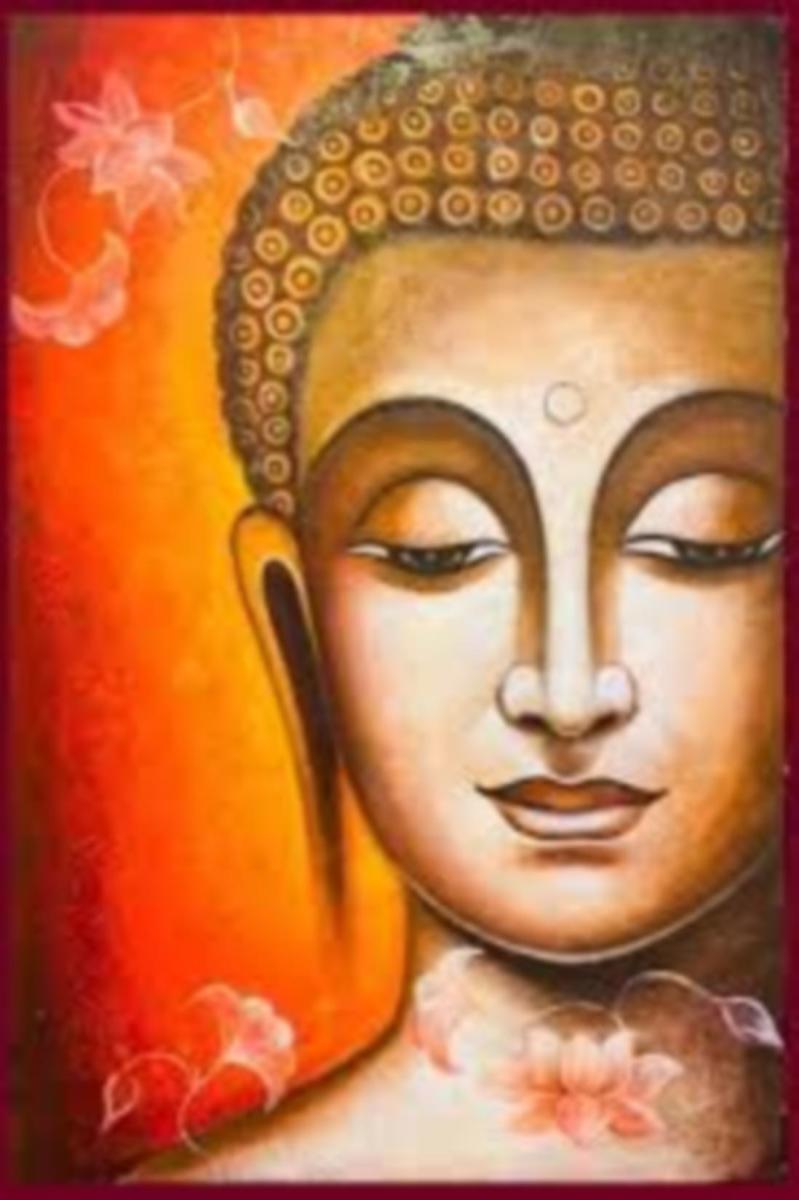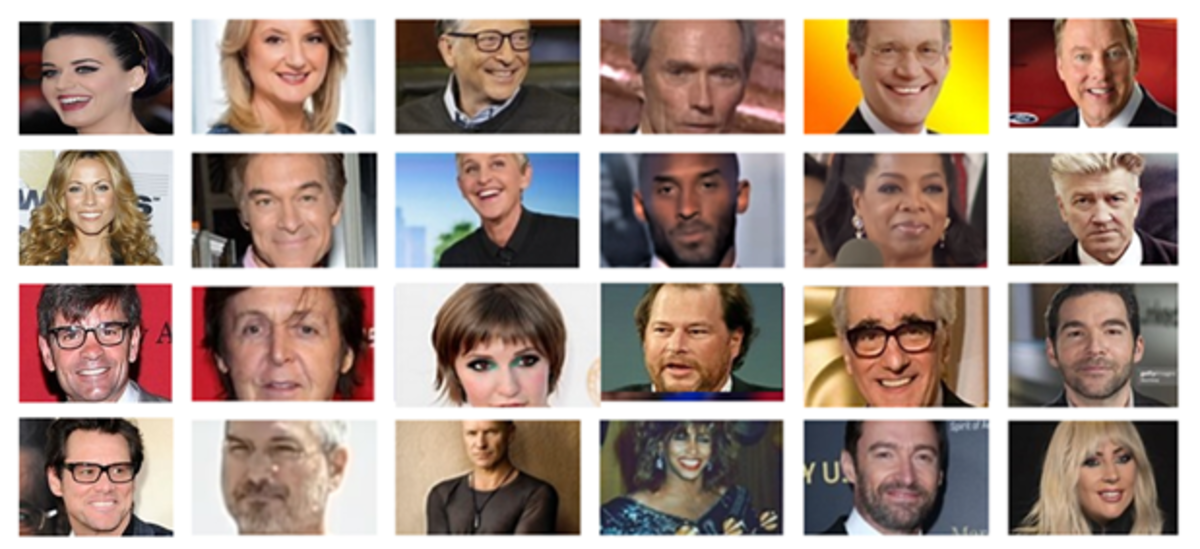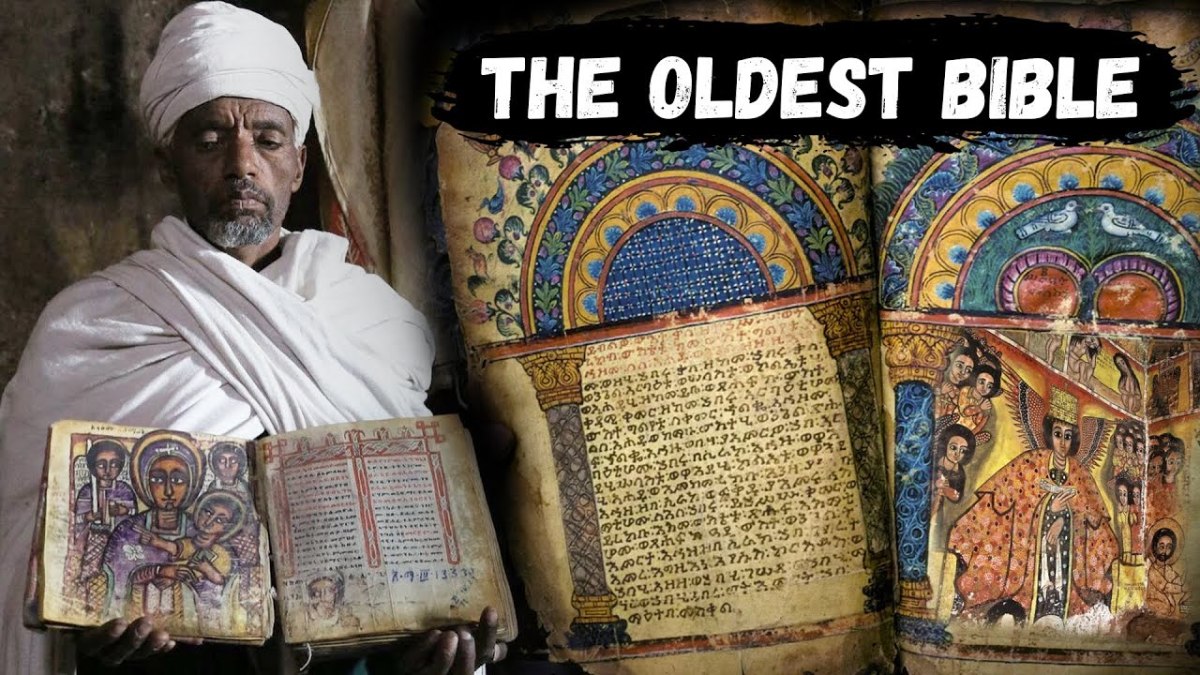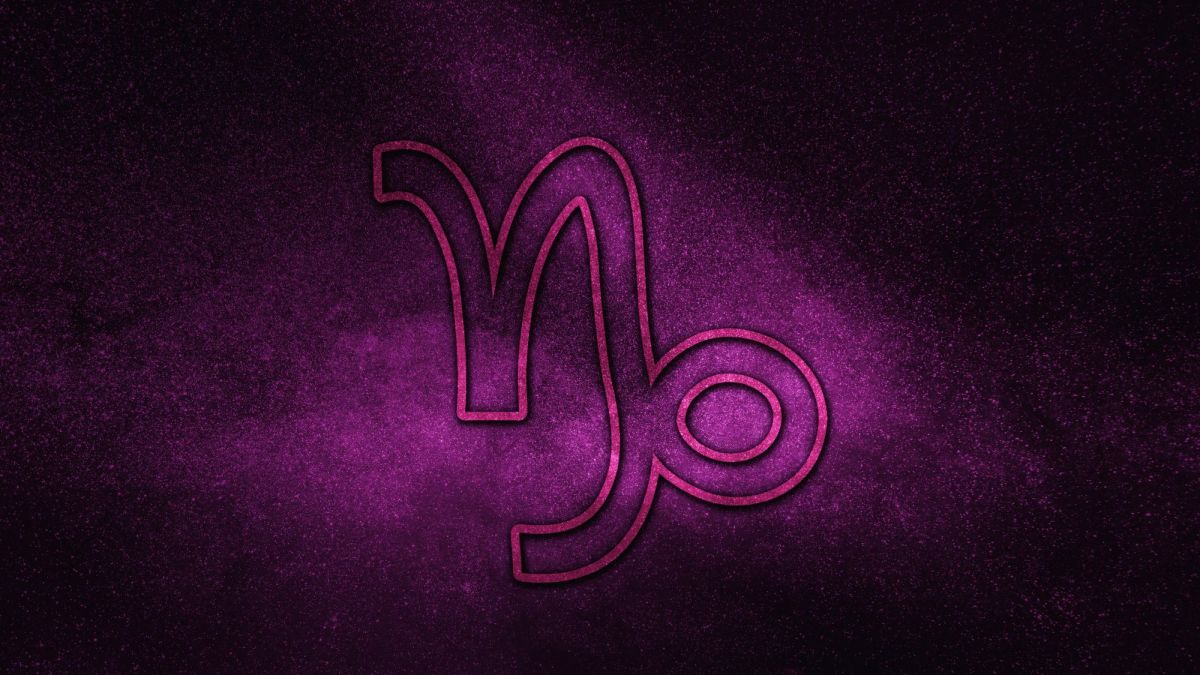The Road To Becoming A Warrior Part 7

The natural man has given control back to the body. U. G says doing this gives the body back amazing self healing processes that were blocked by the brain instead of being initiated by the brain. This is an enlightenment of the body. In the end that was all he believed is possible. All else is nonsense.
In a sense if we analyze his argument from Freud’s perspective he is advocating the removal of most of our ego in the context of an ego being the rational conscious thought part of us. He also advocated removal of part of the superego. That is to say, he did not advocate removing conscience. He was happy with the people who were happy and he suffered with those who suffered, he said. But he did advocate removal of the social aspects of the superego. He thought human society was, to put it mildly, counterproductive to our existence.
He favoured as much as possible a return to the id or subconscious.
In a sense this is what many Hindu and Buddhist beliefs hinge on. It is what Perspectivism hinges on as well: Particularly the shutting down of rational thought. After all, how can you become one with the totality through logic and rational thought? Yet their teachings are often logical and rational. That’s a bit of a contradiction.
However, Gurdjief tells us we must not forget the other parts of ourselves and use and train and exercise them all. In a sense he as well as some forms of Buddhism and Hinduism tell us we must enhance the id, the ego, and the superego at the same time. Gurdjief talked about the emotions, the body and habits and ability as the three main things to work on to get to the point of eventually “waking up.” That was his version of the word enlightenment.
So let’s take a closer look at how the mind works. We will start with the id. All biology has an id. We call it instinct. As I said before it is a rudimentary awareness which is genetically or physically predisposed. Some life forms don’t have a brain as such but they do have an awareness of self though it is not necessarily a developed self awareness if you catch my meaning.
Even so, the subconscious can learn. Life has to get its food and has to be able to adapt or it dies out.
I will use a model with only two sections for this: the subconscious and the conscious. When you first see a bike you may have raw feelings about it and what it might be like to ride one. Those feelings come from the subconscious and they are emotions. The word emotion means exactly what it sounds like. They motivate you to do. Usually to do something to fulfill them. I talked about need being the driving force which is responsible for all we do. Needs often manifest in the body as physical sensations. Some are pleasant and some are not.
The subconscious, as Freud points out, does not like unpleasant feelings. The body does not like them either. That is to say we feel physical pain through a network of nerves. This drives us to resolve whatever conflict we find ourselves in, or fulfil our desires.
A desire does become a need and acts exactly like one.
So when we ride the bike for the first time we usually fall off. We use a lot of conscious thought and deliberation with ourselves as to how to approach it. We think about how the brakes work, we think about how the gears work.
But as we get on and fall off and eventually gain our balance and learn how to properly brake, thought becomes less and less of a priority. Eventually we get to the point where we no longer think about riding. Our actions become automatic. In fact, thinking about every move we make now would make us second guess ourselves again and we would fall off. Thinking is too slow.
So what have we done here? We were drawn to something by a conscious desire to learn about it and master it. We needed the conscious part of ourselves to figure out how it was all put together. Then we dropped consciousness and now we just ride he bike as if it is part of our own body. We are free to think about our shopping list while hopefully watching the road and smelling the blossoms as well as using the brain for quality control, as a governor that makes course changes as needed.
What have we done? We have educated the instinctive in us. We have a new ability. Remember that word? To acquire ability this is the process we must go through. If the brain surgeon had to deliberate with himself and learn how to use his tools you would be dead before he got halfway though. He has learned his craft and it is part of who he is.
Yes. That’s right. Anything we do well has become part of us as fully as an arm or a leg. And we do this by the evil ego or conscious mind. And how do we do that? We educate the instinctive.
Our feelings are drawn out by the conscious mind desiring what it sees, an ability we want, a relationship we want, a basic need we have. Then we use consciousness to educate that instinctive part of our minds, and then we return control back to the instinctive.
It is exactly like the Zen koan I spoke of. When you begin to see, everything is taken for granted. When you start to understand, everything seems very complex. But when you know, everything is taken for granted again. But it is educated now and you have new abilities. This is a universal pattern of existence.
As my good friend Spirit Whisperer has pointed out to me recently, this is also how we teach ourselves bad habits like smoking or cheating or lying. You can make these things part of you as well. The subconscious doesn’t care how it is educated. This is why we have to un-educate our subconscious as well as educate it.
That is to say we have to re-educate it. This is what all the battling of our inner demons is about.
One can never completely get rid of conditioning. One can only re-condition oneself. The only way to do that is through conscious effort. So even though U. G and I have had somewhat the same experience with enlightenment, our conclusions are somewhat different.
You need thought and you need ego. That is how you educate the instinctive, or source. But you have to want it. And yet no amount of wanting it will get you to your goal. That is the paradox of Zen, which is no paradox at all.









